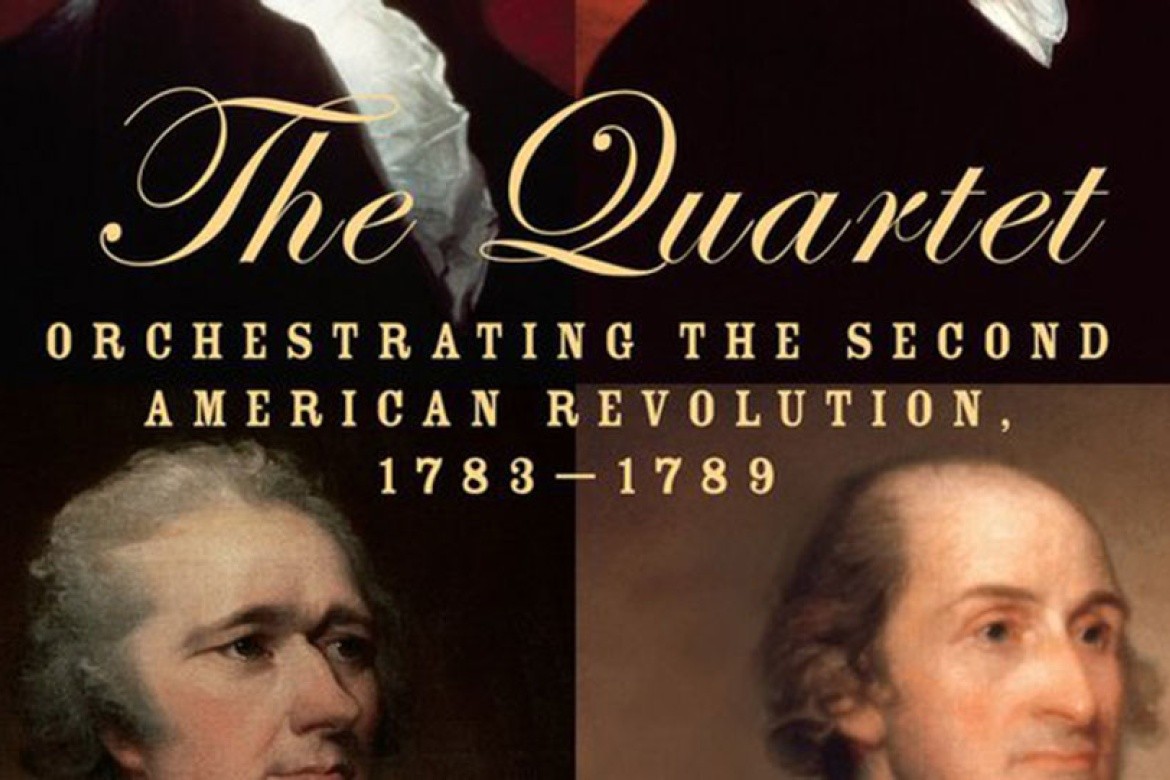Professor reexamines history in new book.

Historian Joseph Ellis offers fresh insight into the period that birthed the Constitution and shaped our nation’s path forward.
Lincoln got his dates wrong in the Gettysburg Address, and the Constitution is not the unassailable document penned by “quasi-divine creatures with supernatural powers of mind and heart” of popular imagination, according to Mount Holyoke College professor emeritus Joseph J. Ellis.
Ellis, a Pulitzer Prize-winning historian, examines the gestational period of time between the end of the Revolutionary War and the birth of the U.S. Constitution in his ninth book, The Quartet: Orchestrating the Second American Revolution, 1783–1789. It was just released last week, and was reviewed in U.S. News & World Report. An interview with Ellis recently appeared in the New York Times.
The Constitution was an attempt to eke a crude middle ground between government leaders with fierce disagreements. Some believed the states should remain a loosely affiliated confederation, while others believed in the primacy of a strong central government.
It represents the best efforts by George Washington, James Madison, Alexander Hamilton, and John Jay to ensure some form of central government. But the final document, Ellis says, was left intentionally vague and open-ended on the thorniest points of contention.
“The Constitution is a set of compromises. It doesn’t have answers. It creates a framework in which the argument keeps going on,” he wrote.
Read more about The Quartet here.